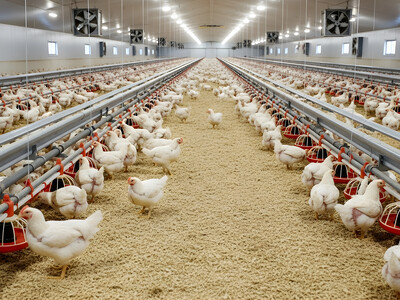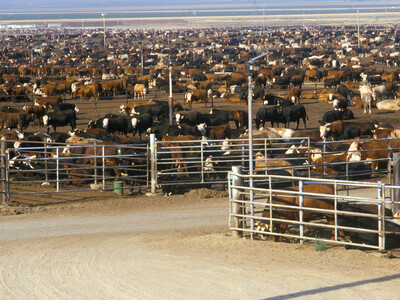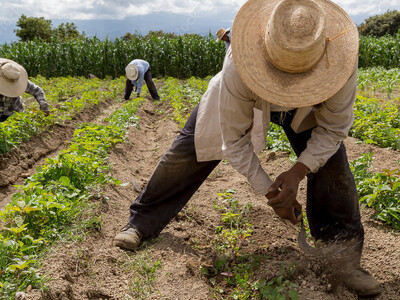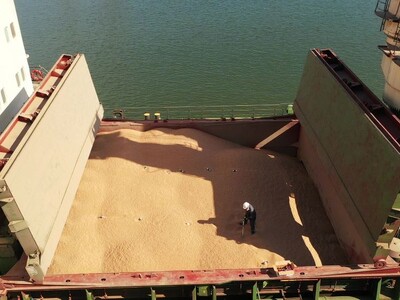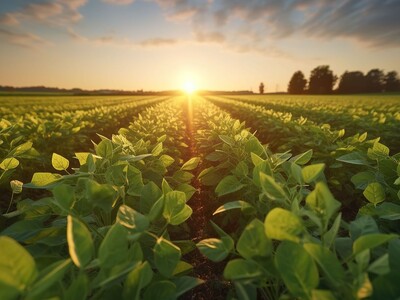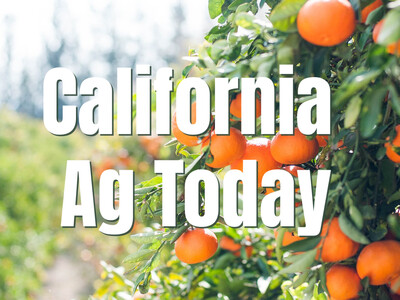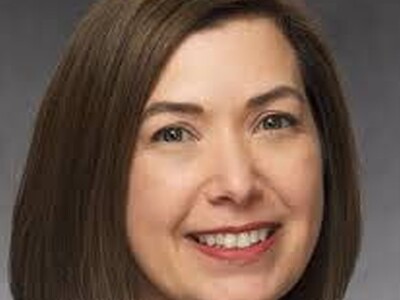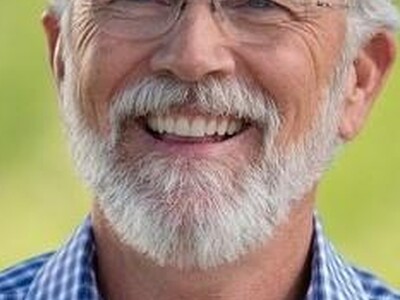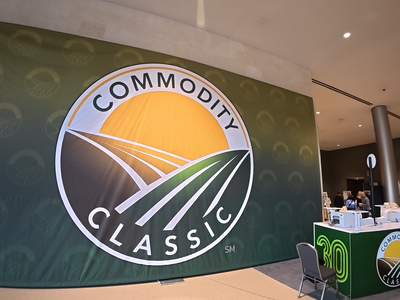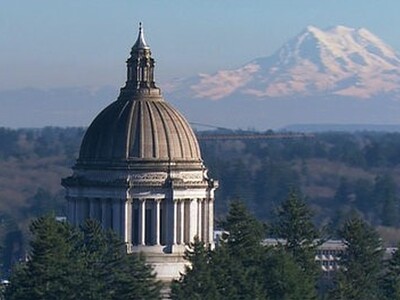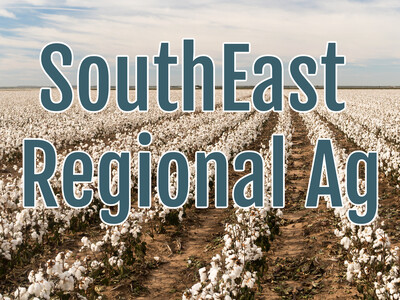Community Wind Study
Community Wind Study. I’m Greg Martin as Line On Agriculture presents the Harvest Clean Energy Report.
Wind projects are beginning to pick up around the country and many local communities are starting to see the benefits of getting on board. According to Patrick Mazza, Research Director for Climate Solutions, a new study shows some big benefits.
MAZZA: This is about a newly released paper called Community Wind 101: A Primer for Policy Makers. It’s intended to educate people in policy positions, in advocacy, and generally people who are interested on the concept of community wind which is wind in which local ownership plays a significant role.
At present, the bulk of the wind projects have been developed by a small handful of major corporations.
MAZZA: And that’s good. We like to see wind development in any form but if we opened wind ownership up to a larger group of potential investors we’d see wind overall grow faster. We’d see the wind resource utilized more effectively. And what’s barring that from happening right now is frankly the way federal tax policies are written.
Mazza says that these tax policies are extremely important to wind generation.
MAZZA: Wind development depends right now on federal tax incentives including the production tax credit and accelerated depreciation. These are important. It’s important to have some tax incentives to carry the cost of capital. Renewable energy installations are in a little different situation than standard energy installations in that you’re buying essentially the lifetime fuel supply up front.
Mazza hopes this paper will help different groups take advantage of community wind generation.
MAZZA: This paper takes a look at how we can change policies in order to make wind turbine ownership and investment a more feasible option for more people. This includes farmers, ranchers, local governments, consumer owned utilities, even school districts, colleges, native tribes. We’re seeing some level of community wind development and all those different kinds of institutions are engaged in it but they either are happening in places which have state policies that deal with these problems such as
For additional information on clean energy, visit harvestcleanenergy.org. That’s today’s Line On Agriculture. I’m Greg Martin on the Northwest Ag Information Network.
www.harvestcleanenergy.org




